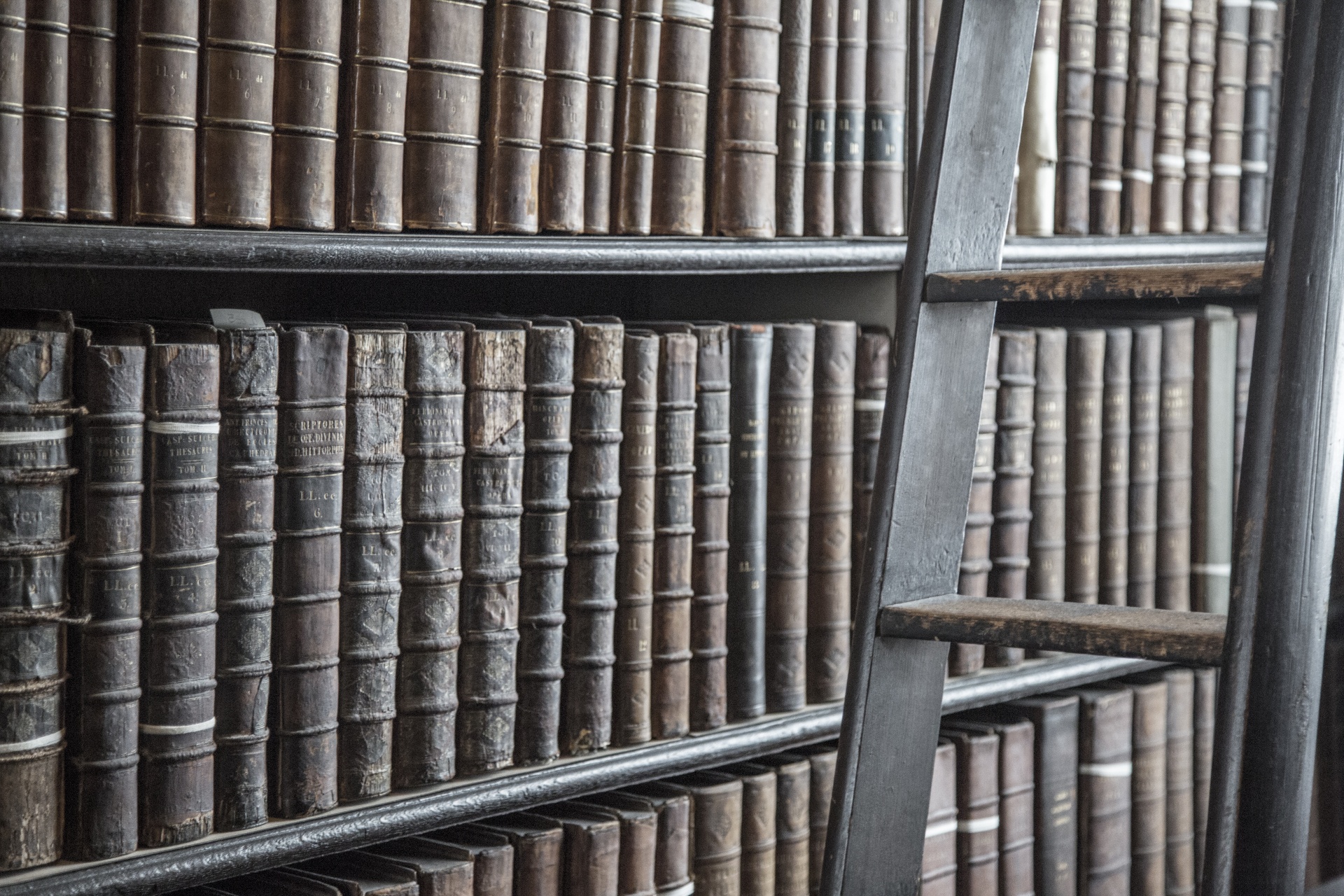



MAIN AREAS OF ACADEMIC ACTIVITY
RESEARCH JOURNAL
We are the creator, publisher and host of Mutual Images, an annual, double-blind peer-reviewed and transcultural research journal. Registered under the ISSN 2496-1868, it started as semiannual, with its first issue being published in Summer 2016; since 2021, Mutual Images assumes an annual periodicity, and is issued every December.
Its field of interest is the analysis and discussion of the ever-changing, multifaceted relations between Europe and Asia, and between specific European countries or regions and specific Asian countries or regions. A privileged area of investigation concerns the mutual cultural influences between Japan and other national or regional contexts, with a special emphasis on visual domains, media studies, the cultural and creative industries, and popular imagination at large.
Our journal mainly hosts contributions from the proceedings of MIRA’s workshops.
As an international journal, Mutual Images uses English as a lingua franca and strives for multi-, inter- and/or trans-disciplinary perspectives.
As an open-access journal, Mutual Images provides immediate open access to its content on the principle that making research freely available to the public supports a greater global exchange of knowledge.
WORKSHOPS
Since 2013, MIRA has organised an annual international workshop every spring, looking at the “mutual images” between, mainly, Japan and Europe. This series is held alternately in Japan and Europe at different hosting universities, and nowadays, researchers focussing on the interactions between Japan and other non-European cultures are also invited to apply depending on the year’s theme. To date, three of the workshops have been held in Japan (Konan University, Kobe University and Nagoya University) and four in Europe (Tours University, Aarhus University, Cardiff University and Vigo University).
MIRA also co-organises other one-time workshops throughout the year with partner institutions. To date, one has been held at the Institut Marc Perrot (Lyon) in June 2015, and another one at Aoyama Gakuin University (Tokyo) in November 2017.
MIRA’s workshops are a step toward publications. Every spring and autumn, we publish an issue on the theme of the previous workshop(s), including some of the papers presented and others related. All participants from the workshop(s) are welcome to submit a reworked and extended paper for publication.
In 2019, MIRA has also started a biennial international summer school programme, co-organised with partner institutions. The themes investigate the mediated and cultural representations between East Asia and Europe. The first one has been held at the University of Messina, in July 2019.
oUR PHILOSOPHY
The philosophy from which Mutual Images Research Association was born clearly underpins our main mission: to investigate the mutual cultural influences between Japan and other cultures. From the beginning, our aim has been structured around three ideas:
TO BE RESEARCHERS ON JAPAN, BUT NOT JAPAN STUDIES RESEARCHERS.
One of our earliest talks was on the topic: “How do you do research on Japan without speaking Japanese?” There is a difference, and we acknowledge the usefulness of having a grasp of the language. But we also recognise that it is not necessarily at the center of everyone’s research focuses. Scholars may similarly have come across Japan as just one possible case study in their research, without it being the main subject. Which is why MIRA’s events and research journal are inter- and multidisciplinary. We do not expect participants to have full knowledge of all aspects of Japanese language, history, society and culture; on the other hand, you may need to explain basic concepts from your field. We want MIRA to be at the crossroads, thus allowing for a beneficial information exchange.
TO GIVE YOUNG RESEARCHERS AND POSTGRADUATE STUDENTS THE SAME OPPORTUNITIES AS ESTABLISHED SCHOLARS.
Our events are free, and we strive to make everyone feel valued. We avoid using titles as much as possible, and we always strive to make sure that it doesn’t matter if the person sitting next to you is a Masters student or a tenured professor. Experience is always valuable, but many younger researchers hesitate to talk after, contradict or even ask questions to a professor; it is that very mindset that we try to fight.
TO HOST A WORKSHOP AND NOT A CONFERENCE.
It is important for us to make the most of this experience, and that participants stay engaged for the whole duration of our events. MIRA’s workshops are like a camping trip, where everyone lives together for two days to be productive and share ideas. Many projects have emerged from discussions at our workshops, with or without our direct involvement. Looking at the schedule and book of abstracts, you may note straight away which papers are “useful” to you. You may be surprised to find that many more papers relate to your own research and that, all together, they allow us to think critically about the theme of the workshop. Workshop themes are carefully deliberated; it is the goal of the workshop to rigorously explore the selected topic (papers on unrelated themes are not accepted). We have a discussion session at the end of each workshop as a space to link all the papers, disciplines and interests. This session is a vital component of our workshop and a fruitful end to a productive, intensive two days. It also helps build up further feedback. During all discussions, we encourage constructive criticism, the emphasis being on “constructive”. As it is a workshop, we expect works in progress, attempts at presenting new theories and new insights. We strive to work together toward improvement. Hence, once the workshop is done, this philosophy leads to the submissions for publication of reworked and extended versions of the papers presented.